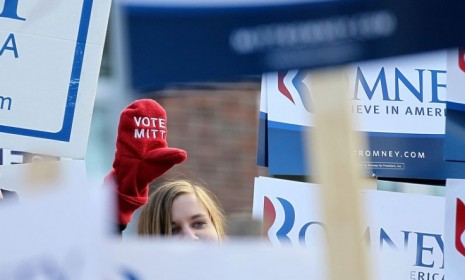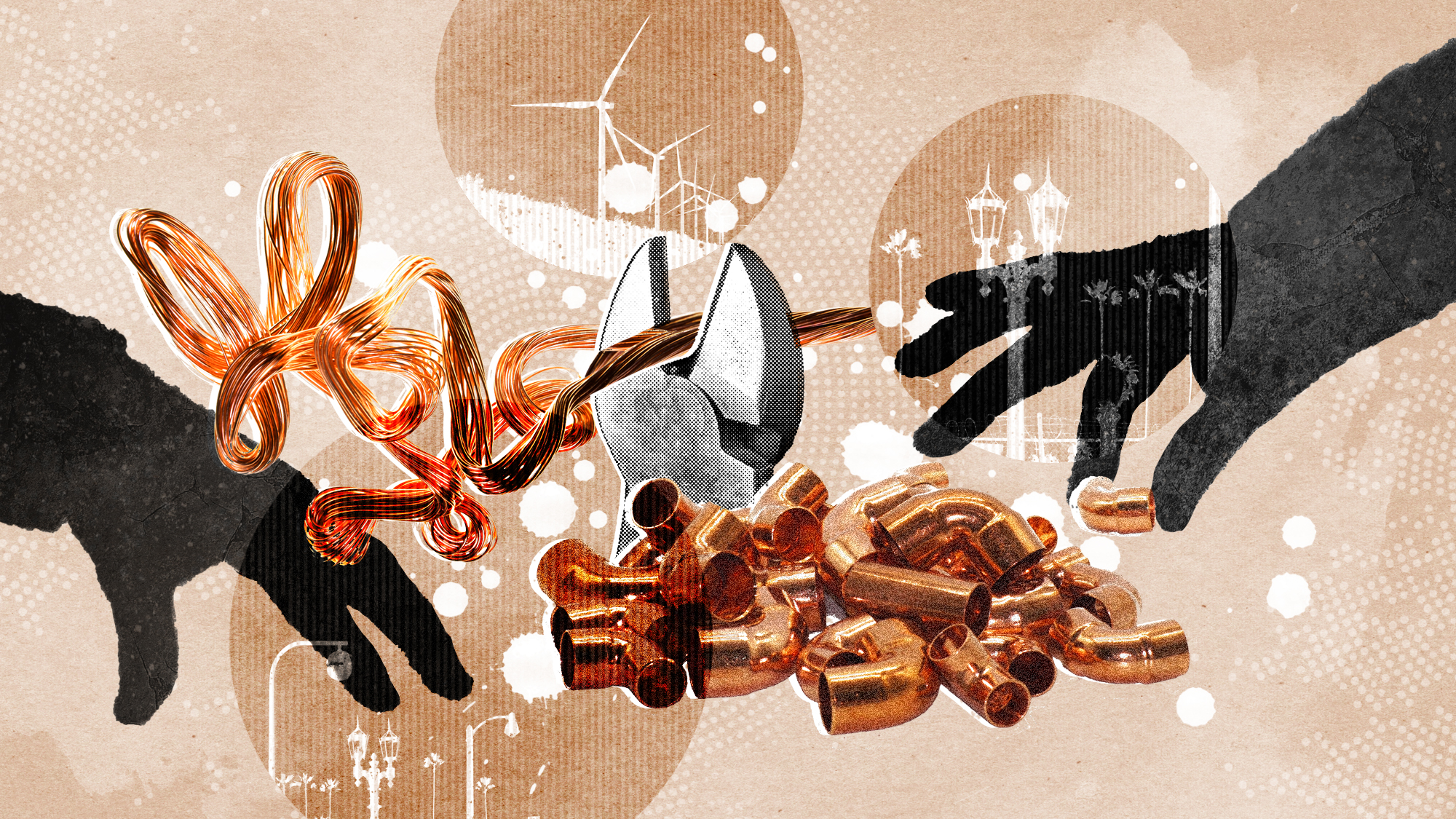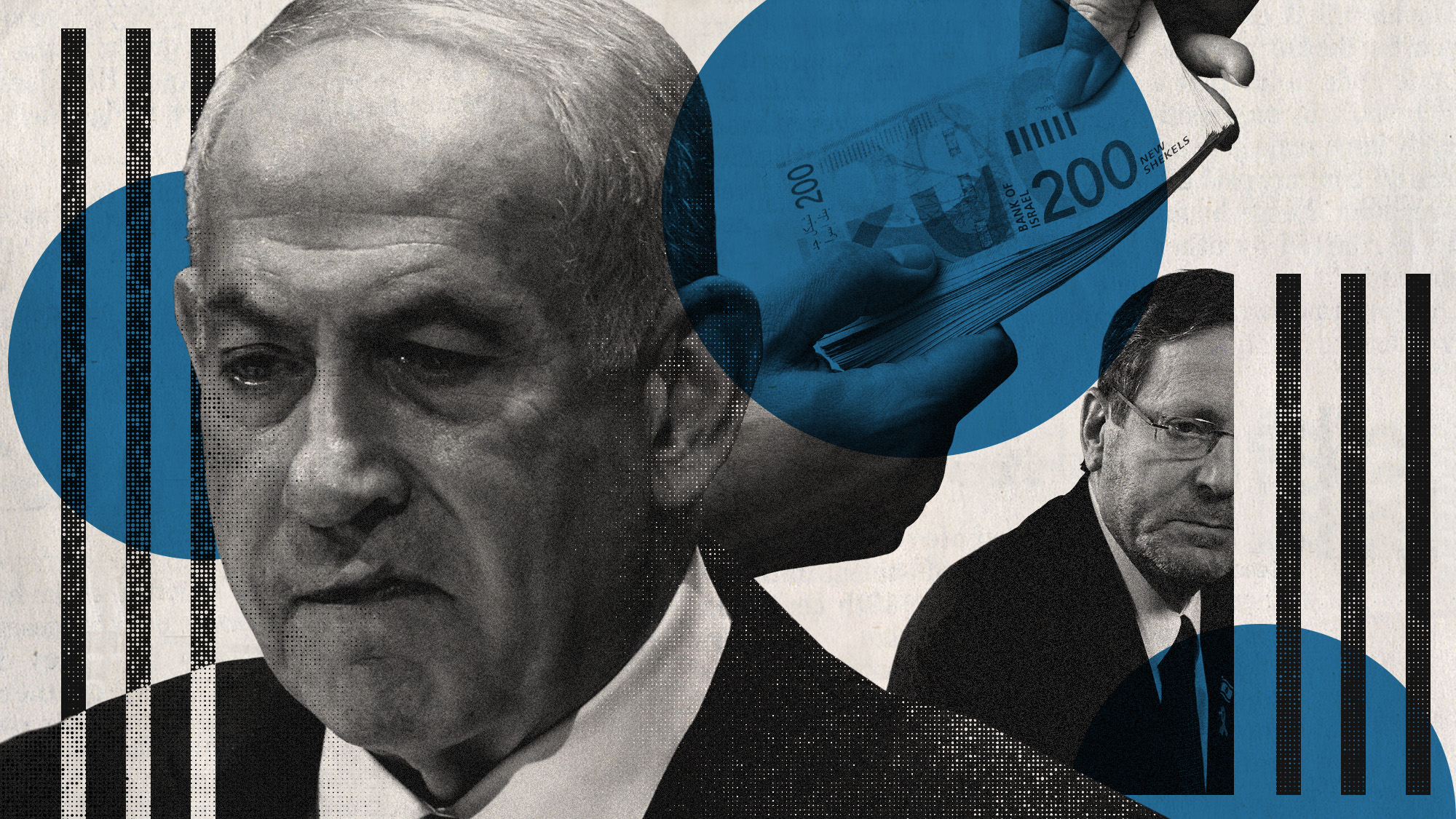3 reasons the New Hampshire primary is so important
Some GOP presidential hopefuls are all but ignoring the nation's first primary, arguing that all the action is in South Carolina. Don't you listen

New Hampshire's first-in-the-nation presidential primary is getting short shrift this year. Rick Perry is pretending it doesn't exist. Other candidates are splitting their time between demandingly hands-on New Hampshirites and the next primary state, South Carolina. Even the Granite State's promised-to-be-fiery weekend debates largely fizzled. "In this race, New Hampshire is serving as off-Broadway for South Carolina," says Byron York at the Washington Examiner. This year's primary is so "devoid of energy," adds Walter Shapiro at The New Republic, that New Hampshire should change its motto to "Live Free or Die of Boredom." But New Hampshire still has plenty of excitement, and Tuesday's voting is critical, just as it is in every presidential cycle. Here, three reasons to pay attention:
1. Romney is set to make history
Part of the reason for the lack of drama is that everybody expects Mitt Romney to win. But that's newsworthy in itself, says Ron Fournier at National Journal. Assuming he does win, Romney would be the first (non-incumbent) Republican presidential aspirant to sweep both Iowa and New Hampshire since Iowa cut to the front of the line in 1972. "The GOP voting coalitions in Iowa and New Hampshire couldn't be more different," and if Romney wins both, "he can accurately claim to be the most viable GOP candidate." Besides, New Hampshire is the first state with real delegates at stake, "and that's what this is all about": Winning the most delegates.
The Week
Escape your echo chamber. Get the facts behind the news, plus analysis from multiple perspectives.

Sign up for The Week's Free Newsletters
From our morning news briefing to a weekly Good News Newsletter, get the best of The Week delivered directly to your inbox.
From our morning news briefing to a weekly Good News Newsletter, get the best of The Week delivered directly to your inbox.
2. Who comes in second place matters — a lot
There may be "little apparent drama over which candidate will win," says Paul Steinhauser at CNN. But there's a "high-stakes race for second," and even third place, and the momentum such a strong showing could give a candidate like Jon Huntsman. Remember, the list of New Hampshire runners-up who went on to win the nomination is long and illustrious, says John Toole in the North Andover, Mass., Eagle-Tribune: Eugene McCarthy; George McGovern in 1972; Walter Mondale in 1984; and "Comeback Kid" Bill Clinton in 1992.
3. And anything can still happen
New Hampshire allows its undeclared or decline-to-state voters to cast ballots in whichever primary they want to, and the large number of independents in the Granite State makes the vote "unpredictable and fascinating to watch," says Carla Marinucci in the San Francisco Chronicle. "There is no more perfect example of why New Hampshire matters than the 2008 Democratic primary," says Noah Rothman at PoliticOlogy. Hillary Clinton beat a surging Barack Obama, despite trailing in the final polls by as much as 13 points. It "was so shocking that few could even believe the exit polls." The lesson for the GOP candidates is that even with hours to go, "anything can happen, and in the era of the 24-hour news cycle, there is still time to change minds in this race."
A free daily email with the biggest news stories of the day – and the best features from TheWeek.com
-
 The great global copper swindle
The great global copper swindleUnder the Radar Rising prices and easy access makes the metal a ‘more attractive target for criminals looking for a quick profit’
-
 ‘They’re nervous about playing the game’
‘They’re nervous about playing the game’Instant Opinion Opinion, comment and editorials of the day
-
 Will Netanyahu get a pardon?
Will Netanyahu get a pardon?Today's Big Question Opponents say yes, if he steps down
-
 Has Zohran Mamdani shown the Democrats how to win again?
Has Zohran Mamdani shown the Democrats how to win again?Today’s Big Question New York City mayoral election touted as victory for left-wing populists but moderate centrist wins elsewhere present more complex path for Democratic Party
-
 Millions turn out for anti-Trump ‘No Kings’ rallies
Millions turn out for anti-Trump ‘No Kings’ ralliesSpeed Read An estimated 7 million people participated, 2 million more than at the first ‘No Kings’ protest in June
-
 Ghislaine Maxwell: angling for a Trump pardon
Ghislaine Maxwell: angling for a Trump pardonTalking Point Convicted sex trafficker's testimony could shed new light on president's links to Jeffrey Epstein
-
 The last words and final moments of 40 presidents
The last words and final moments of 40 presidentsThe Explainer Some are eloquent quotes worthy of the holders of the highest office in the nation, and others... aren't
-
 The JFK files: the truth at last?
The JFK files: the truth at last?In The Spotlight More than 64,000 previously classified documents relating the 1963 assassination of John F. Kennedy have been released by the Trump administration
-
 'Seriously, not literally': how should the world take Donald Trump?
'Seriously, not literally': how should the world take Donald Trump?Today's big question White House rhetoric and reality look likely to become increasingly blurred
-
 Will Trump's 'madman' strategy pay off?
Will Trump's 'madman' strategy pay off?Today's Big Question Incoming US president likes to seem unpredictable but, this time round, world leaders could be wise to his playbook
-
 Democrats vs. Republicans: who are US billionaires backing?
Democrats vs. Republicans: who are US billionaires backing?The Explainer Younger tech titans join 'boys' club throwing money and support' behind President Trump, while older plutocrats quietly rebuke new administration